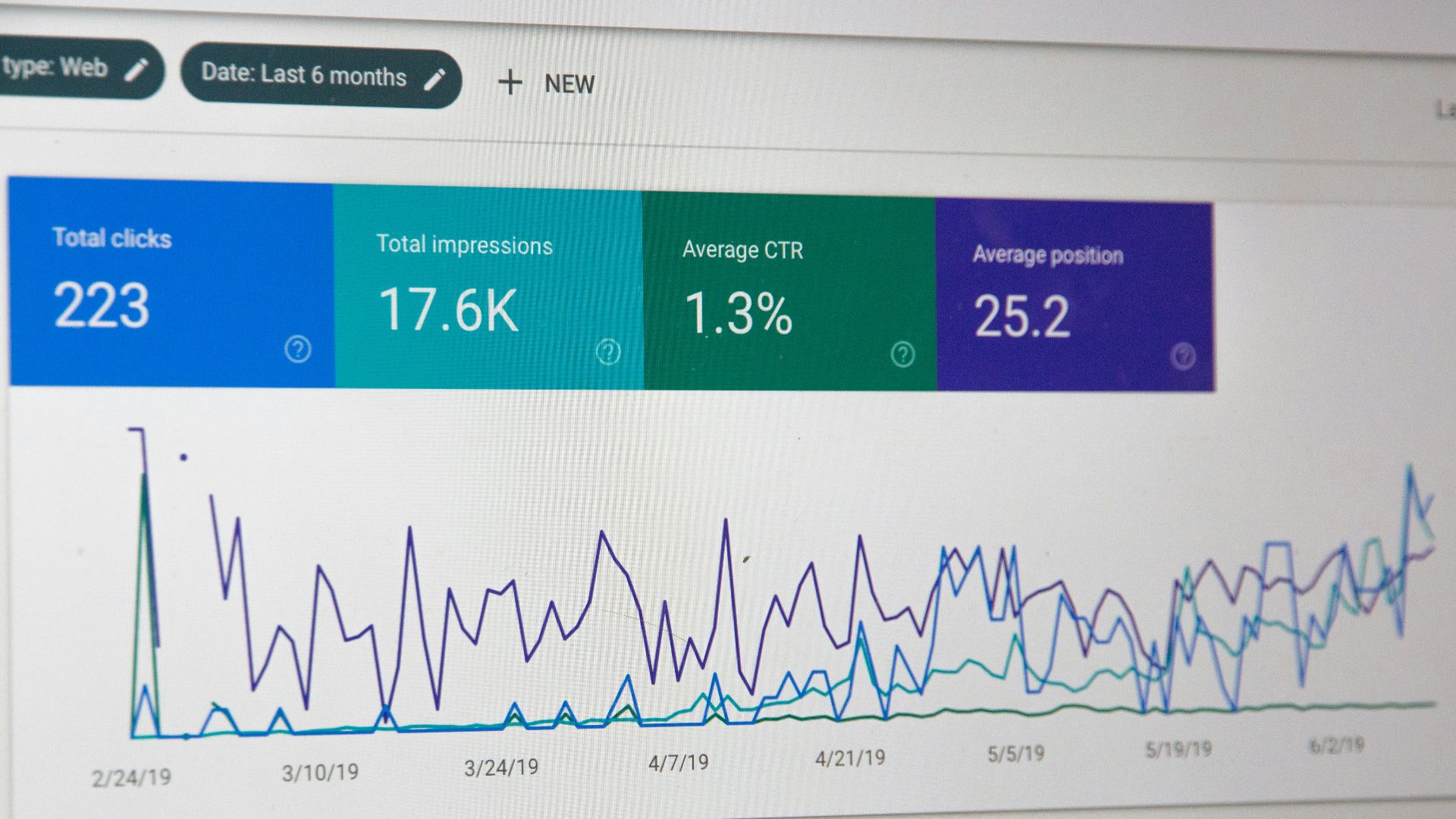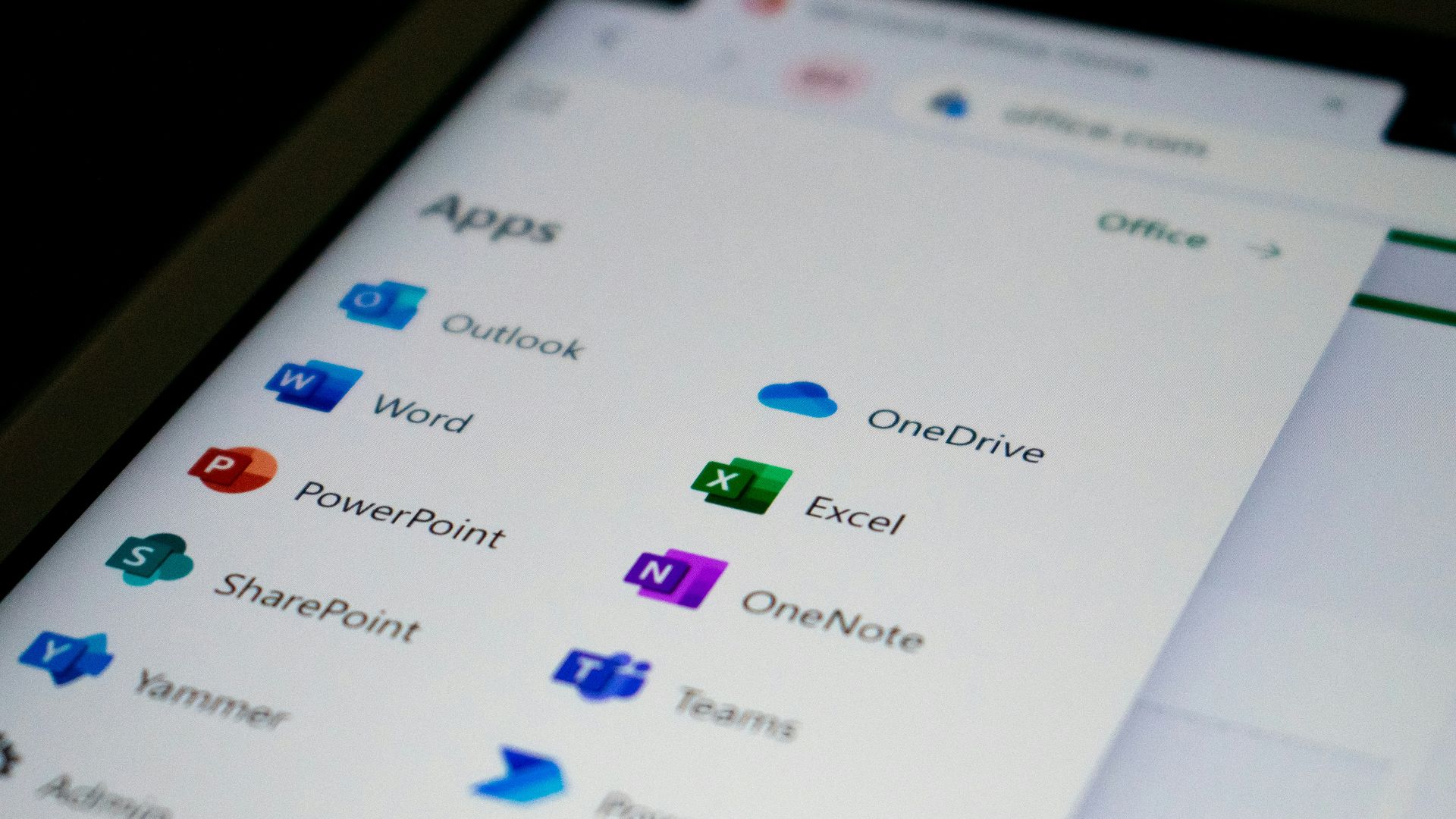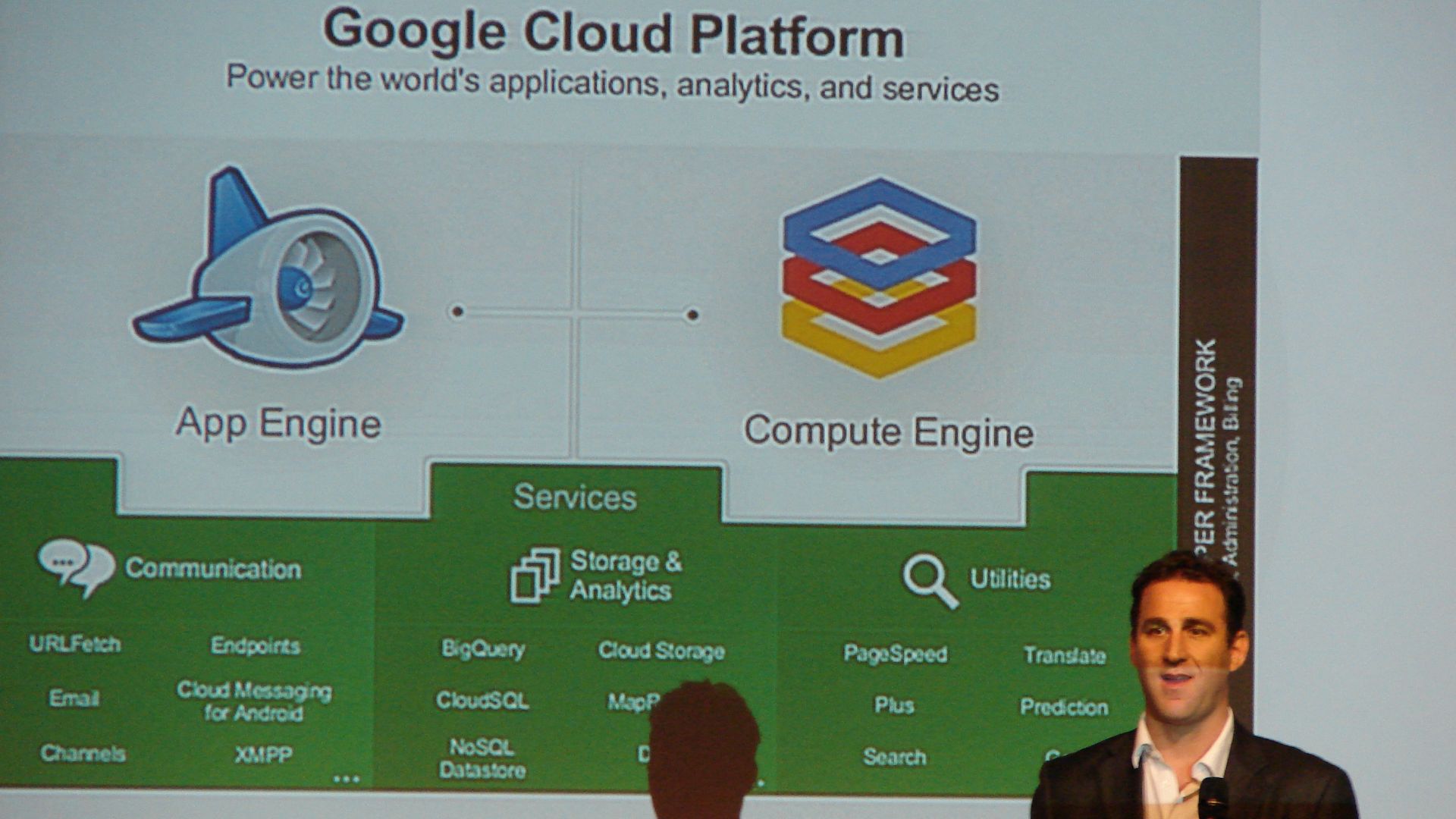Tools and Tech Employers Actually Need
These days, a resume gets skimmed in seconds and is either discarded or put on the pile of potentials. And that’s if it’s even a human reading it. Often, AI is used to scan resumes and rate them according to a set of keywords. These programs scan for names, tools, platforms—essential skills for the role. Adobe Illustrator? Okay. Excel pivot tables? Good. These aren’t abstract buzzwords. They’re the skills that prove a person can actually handle their assigned tasks. Here are twenty that nearly always make eyes stop on the page.
1. Microsoft Excel
When including this, don’t just put “knows Excel.” That line is useless. We’re talking pivot tables, VLOOKUP, conditional formatting—the fun stuff that turns chaos into info-packed charts. If you’ve ever saved your boss three hours by automating a report, you know the power Excel can wield in the hands of a skilled user.
2. Google Workspace
We’re talking Docs, Sheets, Slides, and Drive—the whole kit and caboodle. People tend to take these collaboration tools for granted until they meet someone who can’t figure out permissions. Mastering shortcuts and integrations makes you the person who keeps group projects from stalling.
3. Canva
Mastering this tool gives you access to digital design without the terrifying learning curve of Photoshop. Resumes with Canva listed feel modern and versatile. If your team needs a pitch deck, quick social post, or event flyer, you can have it done in twenty minutes.
4. Social Media Management Tools
Hootsuite, Buffer, Later—pick one. Companies love knowing someone can schedule posts, track engagement, and not panic when Instagram changes its layout again.
5. Project Management Platforms
Take your pick from among Asana, Trello, Monday.com—even the underdog ClickUp is worth including. The magic isn’t just adding tasks, it’s in the ability to set deadlines that ping people automatically, keeping everyone focused and on task.
6. Customer Relationship Management (CRM) Software
If you’ve ever worked in sales, experience with CRMs is almost a necessity, and many companies won’t hire you without it. Salesforce, HubSpot, Zoho—these are everywhere. Having CRM experience means less onboarding, less fumbling with pipelines. In the current job market, employers are averse to training and are thrilled when you can settle into your role without a hitch.
7. Slack (or Microsoft Teams)
Listing Slack looks basic, but don’t underestimate it. Threads, huddles, and integrations with Google Drive form a whole ecosystem that many teams incorporate into their workflow. Although you can easily master it within an hour, it’s always useful to integrate seamlessly into your company’s workforce.
8. Zoom and Virtual Meeting Tools
Running a meeting isn’t the same as just logging in and waving at the camera. Knowing how to share screens, manage breakout rooms, and record sessions smoothly saves headaches—and the embarrassment of fumbling in front of the VP when your audio won’t turn on. There’s always that one person repeating, “Can you hear me?” over and over as everyone assures them that they can.
9. WordPress
Nearly half of all the websites in the world use WordPress. Unlike some of the fully hosted content sites, WordPress has a steeper learning curve as far as coding, design, and functionality go. If you know how to manage blogging, plugins, and tweak themes, you’re already a valuable asset.
10. Email Marketing Platforms
Email marketing platforms are an essential component of all e-commerce companies. Being able to navigate Mailchimp, Constant Contact, ConvertKit, or Beehiiv gives you a competitive edge. Knowing how to format newsletters that actually evade the junk folder is rarer than it should be.
11. Google Analytics
If you can pull a report, track page performance, or explain why the bounce rate spiked last week, you’re already a valuable asset to any team. Bonus points if you’re able to set up goals that track specific user actions, like a submitted contact form, or connect Google Analytics to Ads.
12. Adobe Creative Suite
This suite is intimidating, for sure, which is why employers value it so much. Even light knowledge of Photoshop, Illustrator, or InDesign can set you apart. Being able to fix a banner image or create a logo variation saves your company from having to hire a freelancer.
13. Basic Coding (HTML & CSS)
We’re not talking full-stack wizardry, but just enough to tweak a website, add that WhatsApp contact button, or embed a YouTube video correctly. A basic knowledge of HTML and CSS is like having the duct tape of the digital world in your professional toolkit.
14. Data Visualization Tools
Presenting numbers in a way humans understand makes analytics teams shine. Nobody wants another raw spreadsheet dumped in their inbox, so having the ability to use tools like Tableau, Power BI, and Google Data Studio to create interactive dashboards and reports is incredibly useful—especially as these tools have a steeper learning curve than simpler ones.
15. E-Commerce Platforms
Businesses are constantly tweaking product listings, discounts, and inventory in an effort to boost sales. Knowing your way around the dashboards on Shopify, WooCommerce, and Magento makes you instantly relevant.
16. SEO (Search Engine Optimization)
There was a time when self-proclaimed SEO experts promised the world and delivered next to nothing. Ranking on Google is not about stuffing keywords anymore. It’s the small stuff that wins: titles, meta descriptions, alt text—as well as plain old consistency. Being able to run a quick audit makes you look sharp.
 Stephen Phillips - Hostreviews.co.uk on Unsplash
Stephen Phillips - Hostreviews.co.uk on Unsplash
17. Video Editing
Video content dominates the internet, as do resumes that list skills with Premiere Pro, Final Cut, or even CapCut if it’s social-first. Being able to crop vertical, add captions, or trim dead space are valuable skills that elevate your company’s social media presence.
18. Spreadsheet Automation
With this one we’re back to Excel or Google Sheets, but with scripts and macros. Imagine updating 500 rows with a single click instead of manually dragging cells down. Pure magic that’ll forever put you in your boss’s good graces.
19. Cloud Storage Systems
Losing important files is still shockingly common, even among major corporations. Having familiarity with Dropbox, OneDrive, and Google Drive may be obvious, but there’s always room for the unsung hero who knows folder structures and permission settings.
20. Basic Cybersecurity Awareness
This isn’t just the domain of your IT guy. Knowing how to construct strong passwords, recognize phishing attempts, and use 2FA (two-factor authentication) is a valuable asset, no matter what department you work in. A resume that mentions even basic security literacy signals reliability and digital savvy. Nobody wants to hire the person who clicks the fake PayPal link.



























